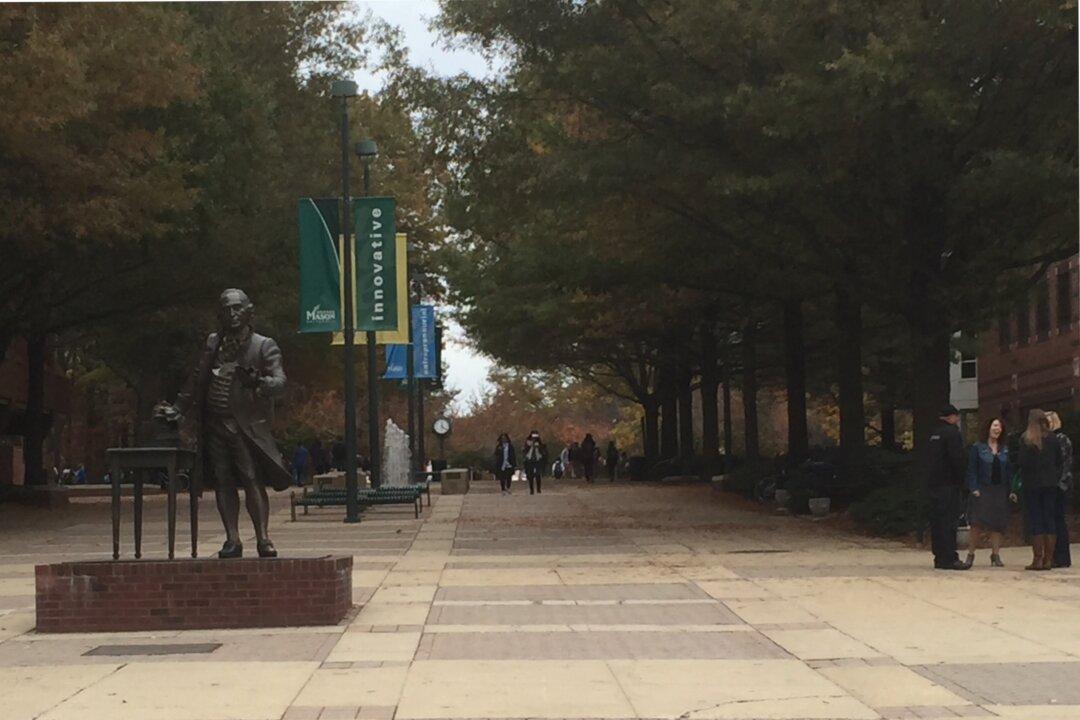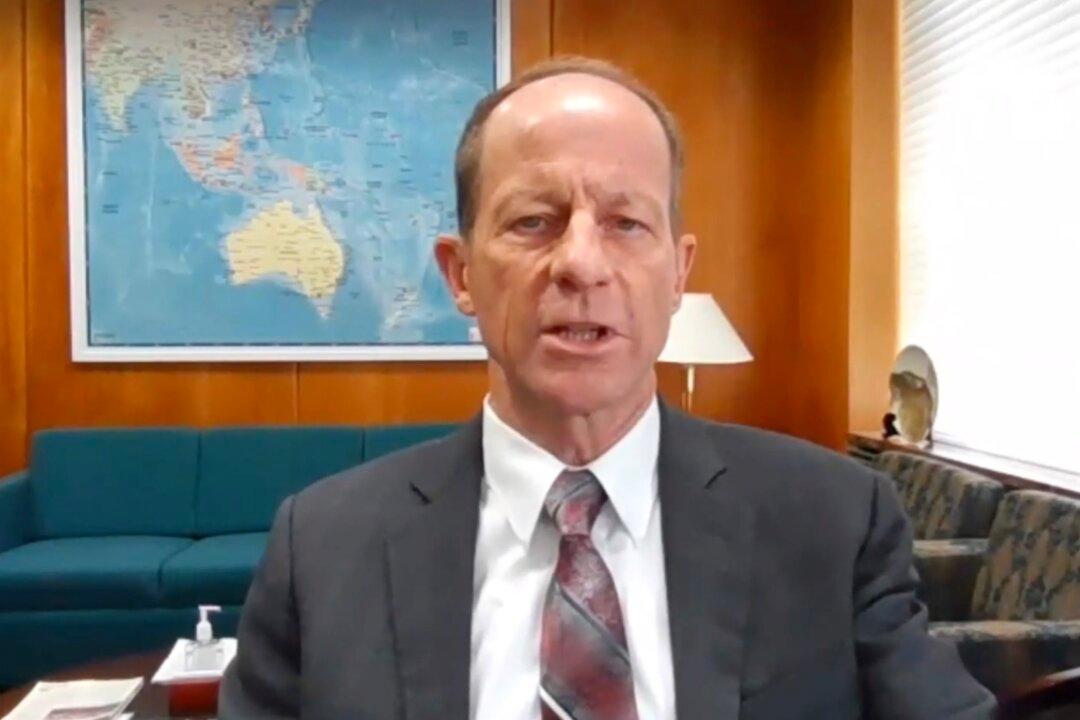Bipartisan groups of college students across America have joined forces with nonprofits, human rights organizations, and leaders of the youth organizations of both Democrats and Republicans to call for the closing of Confucius Institutes on college campuses across America.
Confucius Institutes are instruments of Chinese soft power and propaganda funded by the Chinese Communist Party (CCP). More than 100 were established in universities throughout the United States from the mid-2000s on.




